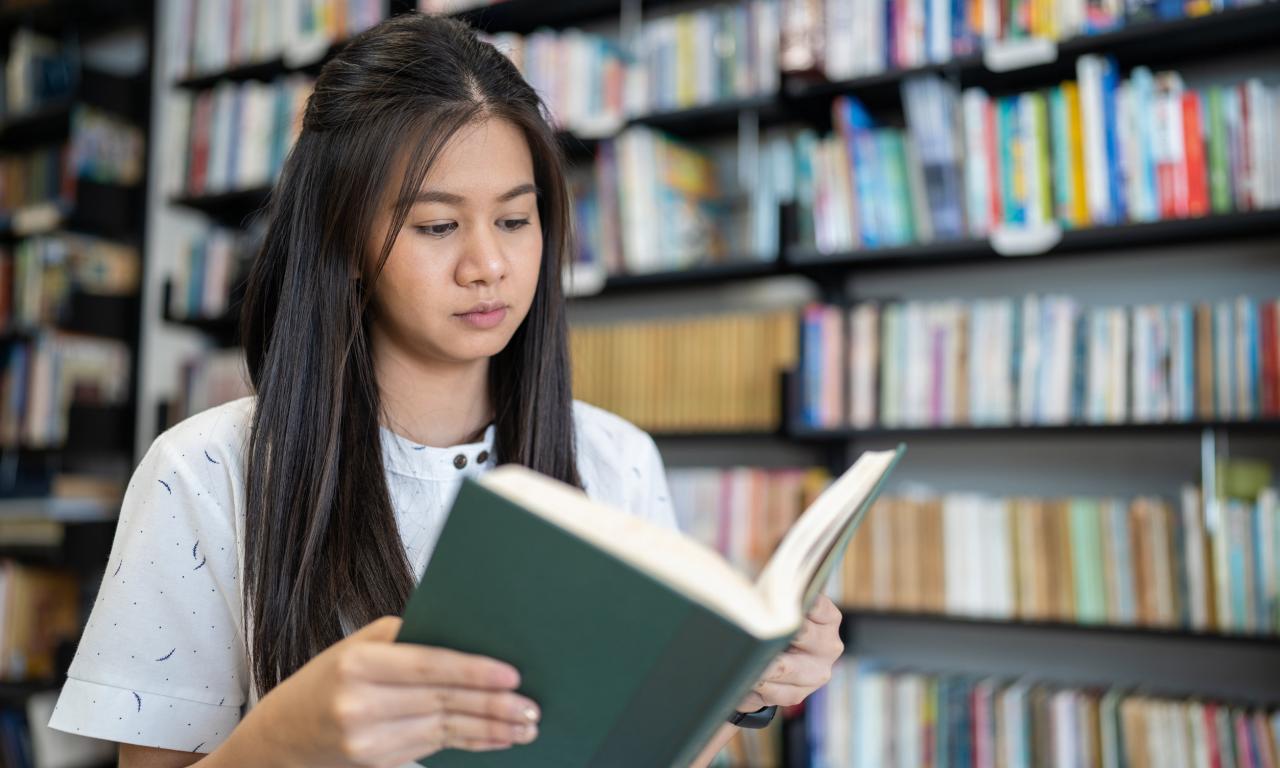In the year or so since Covid-19 was first identified, the whole world has had to undergo radical changes in how we all live, work, and study. Learning has become particularly disrupted, as strict Tier measures and lockdowns curb the amount of face-to-face learning that can take place. Although learning has moved online for most students, this isn’t always ideal.
Screen fatigue is very real, and 8 hours or longer online faced with a screen full of your peers can be exhausting and inhibiting, not to mention the fact that there is – for the second year running – no exam goal to work towards.
GCSE and A Level exams, along with Highers in Scotland and a variety of other qualifications have all been put on hold for 2021. With a lack of current clarity on what might take their place, or who might be making grading decisions in lieu of an exam result, it’s no wonder students are feeling depressed, and extremely anxious not just about their academic future, but their future life chances.
So why study? What’s the point?
There will still be some kind of assessment, so giving up now will have a significant impact on any final assessment grade. One positive thing students can do is to change how they are working and adopt a more self-driven study model.
So how can students do this? One thing that will help them get ahead is to adopt the kind of study habits they will find it useful to acquire if they go on to further or higher education.
College and university students frequently work together in smaller study groups and have been using online platforms for this long prior to the pandemic.
To avoid the inevitable Zoom-fatigue, text-based platforms such as Slack and Trello can help students exchange ideas and study concepts without additional video overload, and to ask questions and offer opinions with or without tutor input.
This kind of collaborative thinking and interaction is also a hugely valuable workplace skill, and not something that would normally be picked up prior to leaving school.
What about communication skills? Won’t I lose those if I’m not interacting with other people?
It would be wrong to suggest that prolonged separation from large groups – and even from one-to-one interactions with people outside of our family and bubble units – isn’t going to affect how we communicate, and how comfortable we are communicating with others.
However, working on written communications to make sure that ideas are expressed clearly and logically will help to keep thoughts organised.
Additionally, although the exact nature of any additional exam assessment that might still happen is unknown, there is highly likely to be a written element, if not a verbal one too.
If you’re unsure how to structure longer pieces of written work, it’s a good idea to take an essay question and find three or four key points which lead to an answer to that question.
Explaining how and why can be useful. More good training for honing written communication skills is to start a blog (nobody even needs to read it!), or even a vlog.
Revision is going to be tough, isn’t it? If there are no set exams, how will I know what to revise?
Exam questions are never a given, although it’s possible to make reasonable assumptions over what might appear on a test paper.
However, every subject will have basic principles and theories which are essential to take on board to consider that a subject has been mastered properly.
One other thing that might be difficult is how information is acquired. For students that are used to taking in information by listening to teachers, the requirement to learn by reading can be hard.
It can be useful to read aloud and record key points and theories and play them back.
Also, revision doesn’t all have to be book-based. Find television programming that supports coursework and make full use of YouTube and other platforms to help reinforce knowledge. Another higher-level skill for acquiring knowledge is to defend a viewpoint – something that can be great fun to do with friends or family online or face to face.
Anything else?
There has probably never been a more difficult or disruptive time to be a student. The level of uncertainty for everyone is enormous, and even with advances in treatments and the rollout of vaccines, it’s impossible to put a timeline on “when it will all be over”.
Having said that, one day it will be over, and some kind of normal life will return.
It would be trite to say that finding different ways of working and studying will help us all to emerge somehow better from this.
However, the most valuable thing that can be acquired right now is adaptability – that’s a skill that is transferrable anywhere and lasts a lifetime.
Further Information
To find out more about studying and exams, please see:




